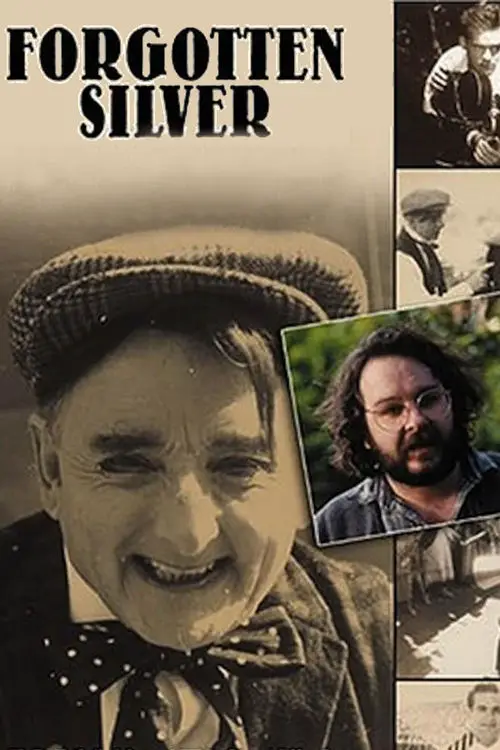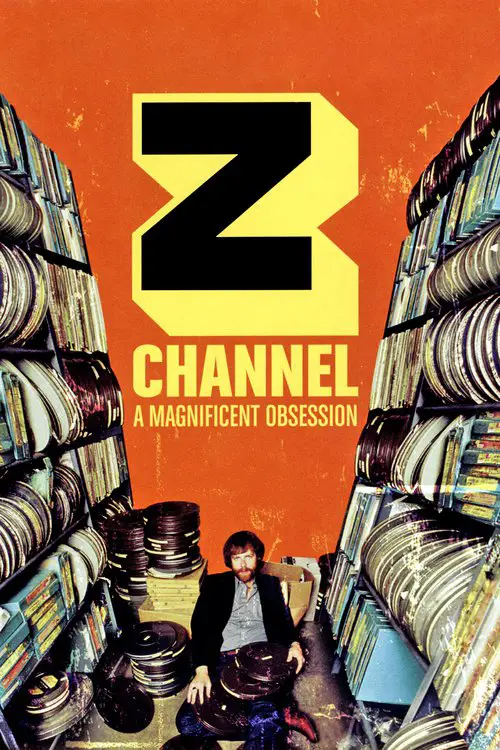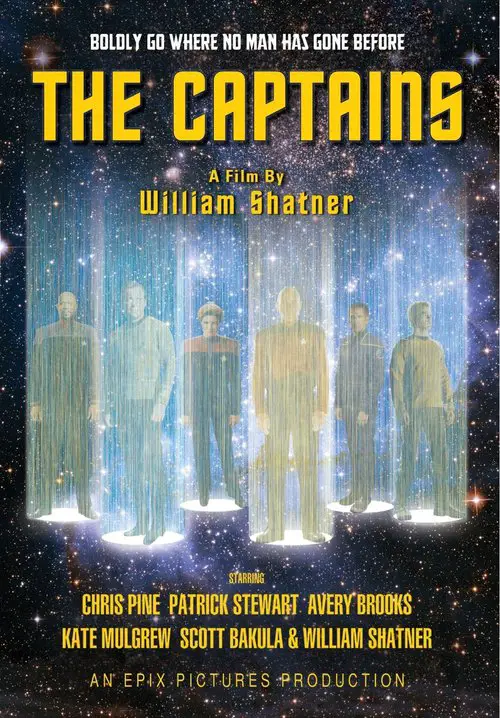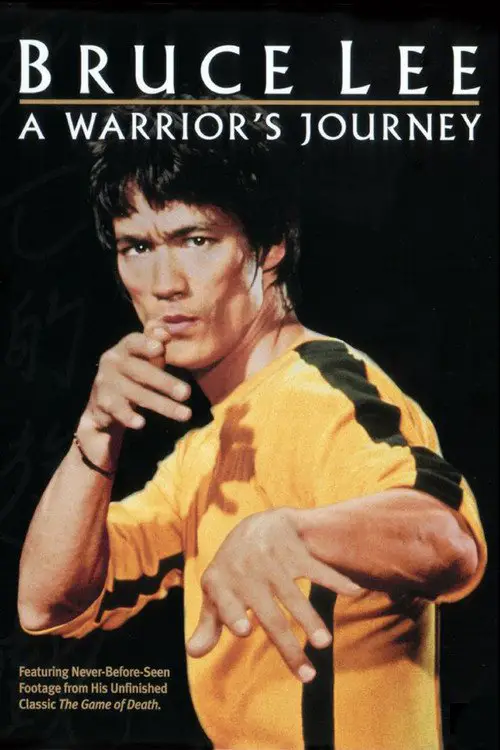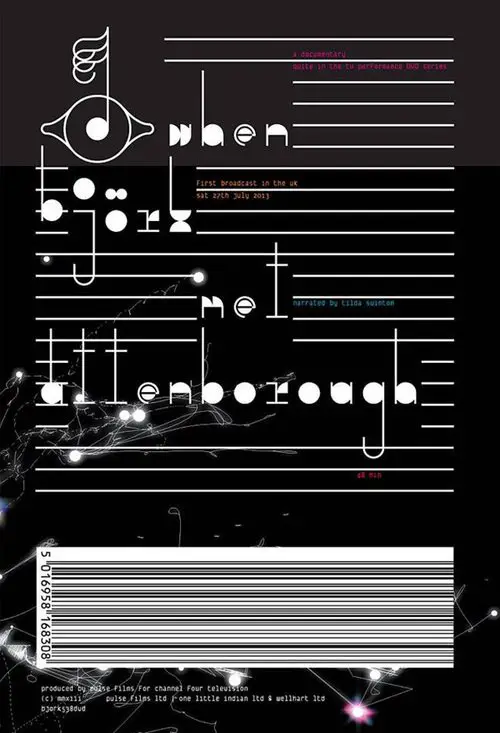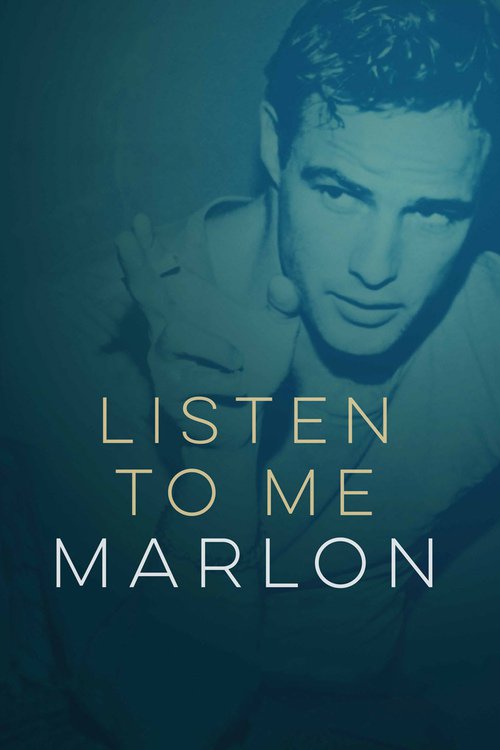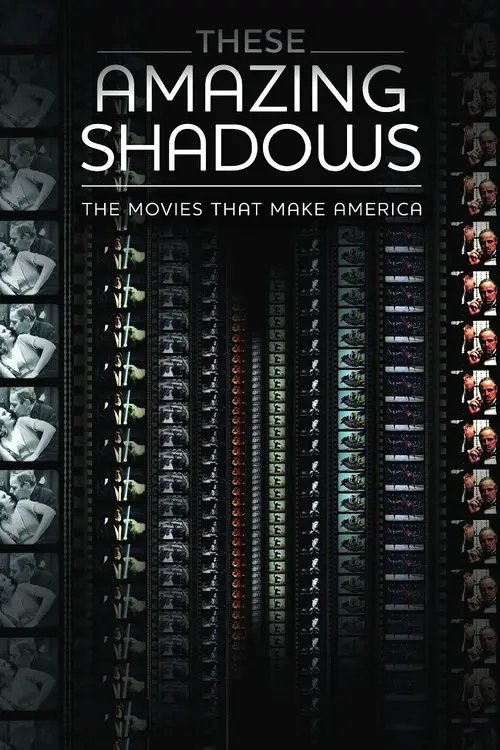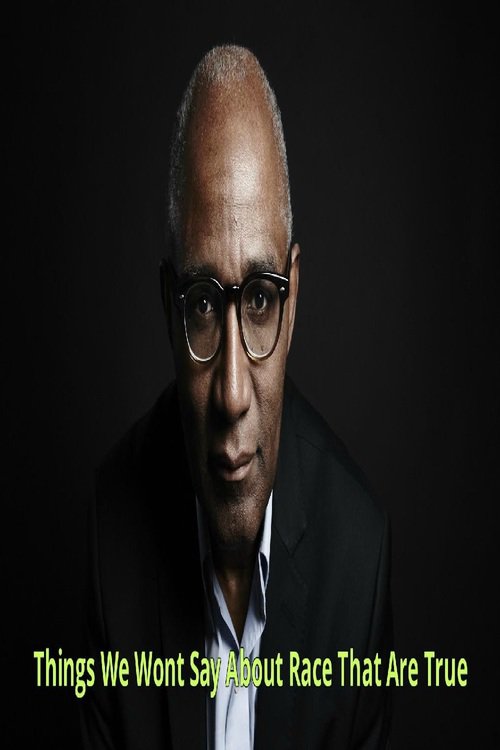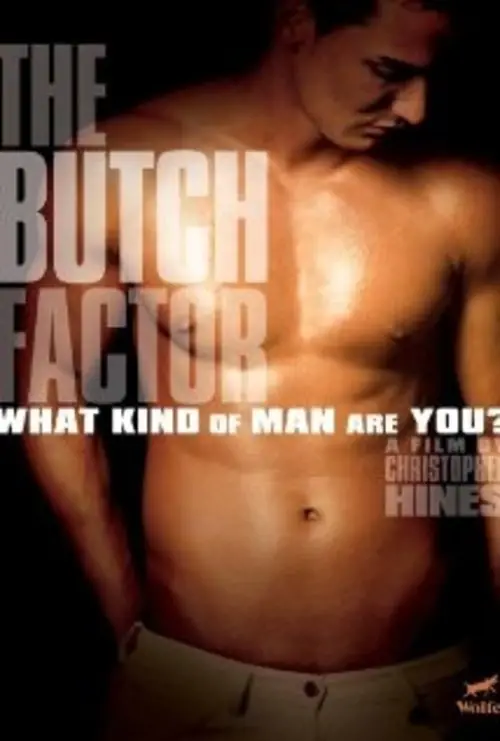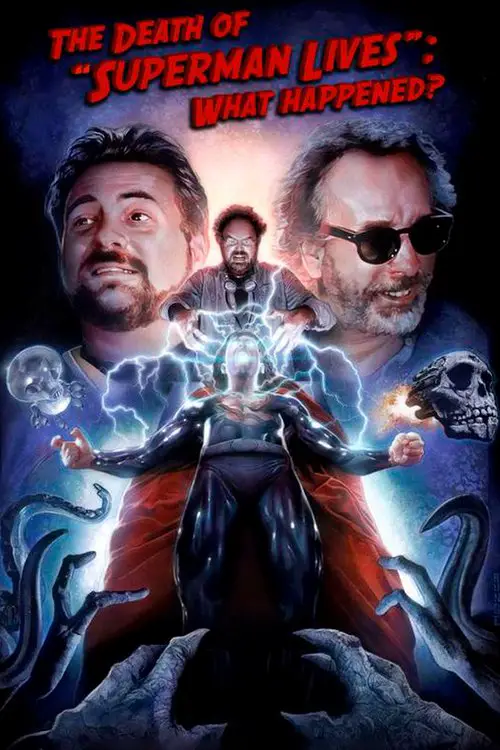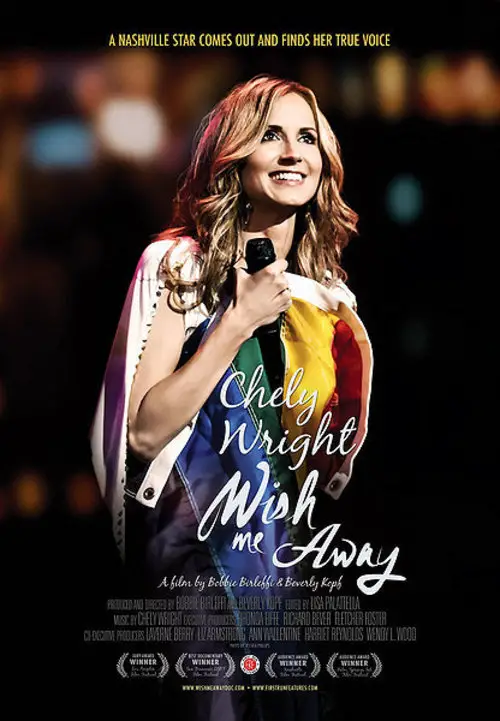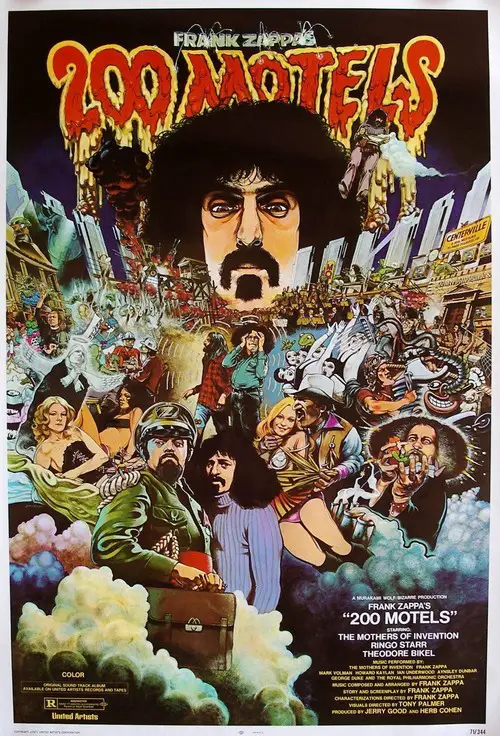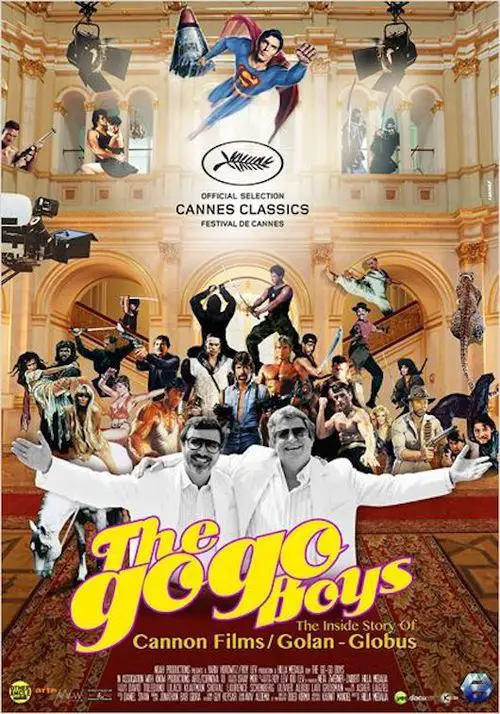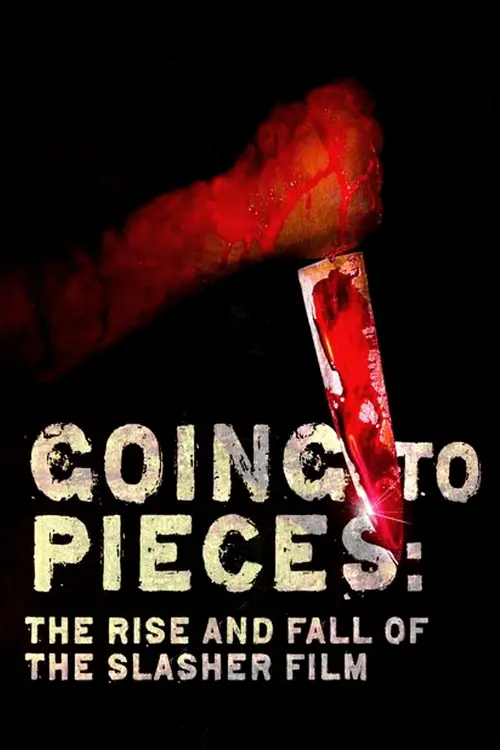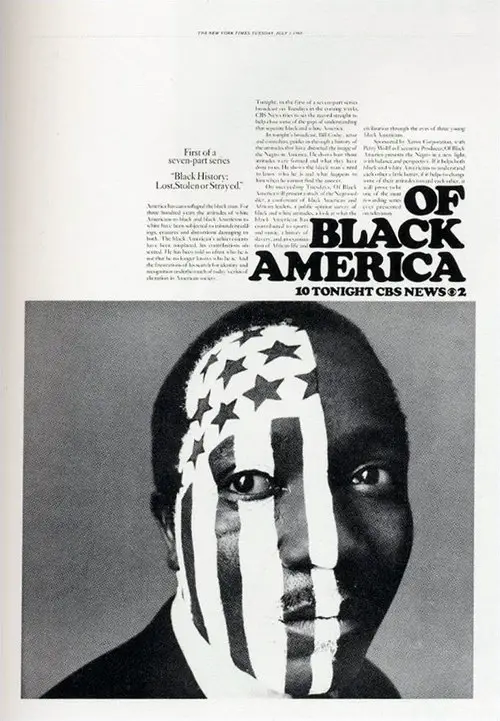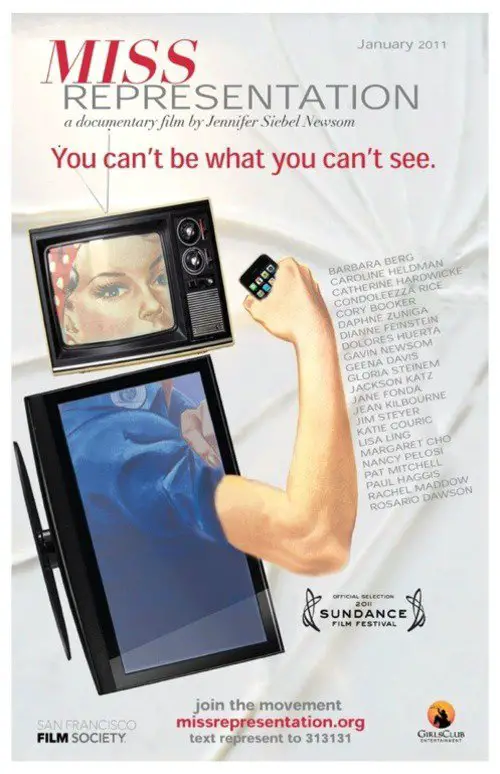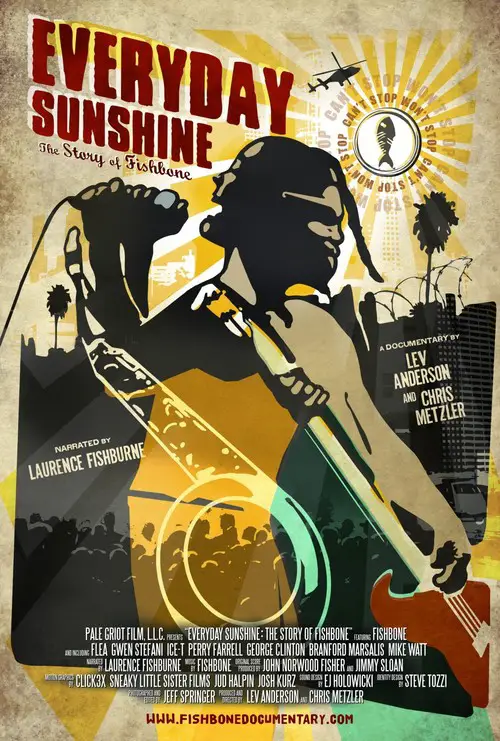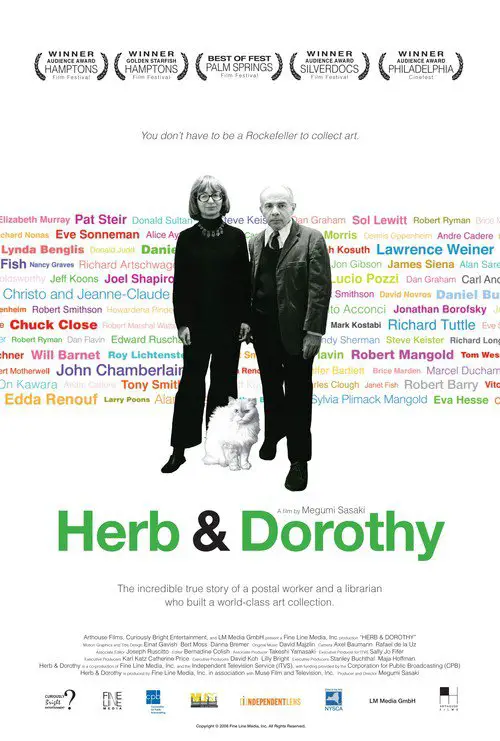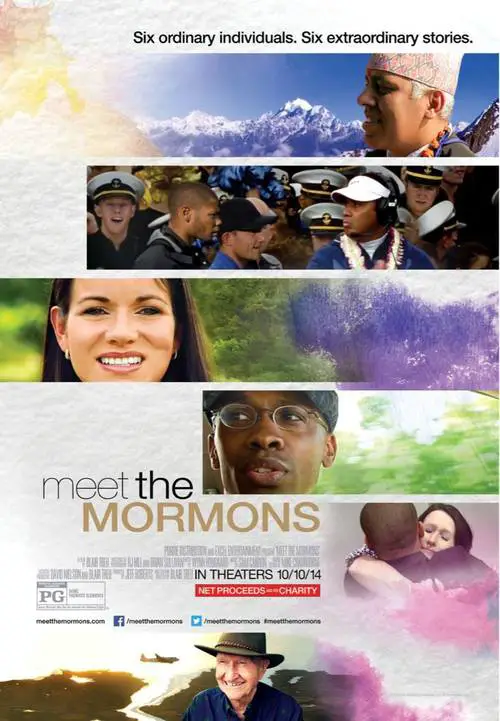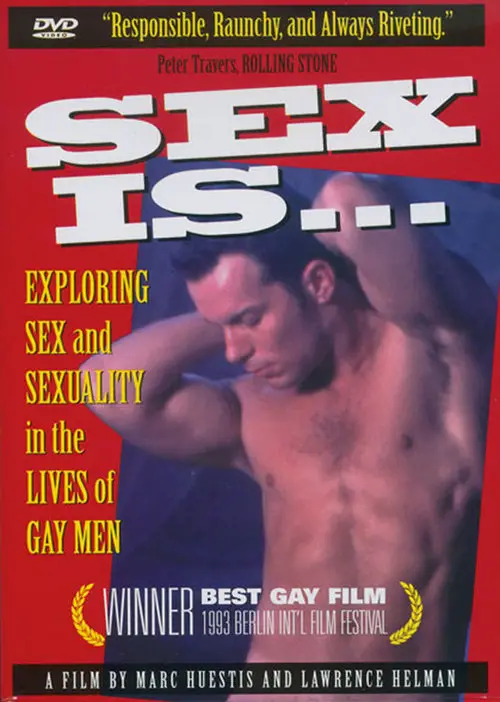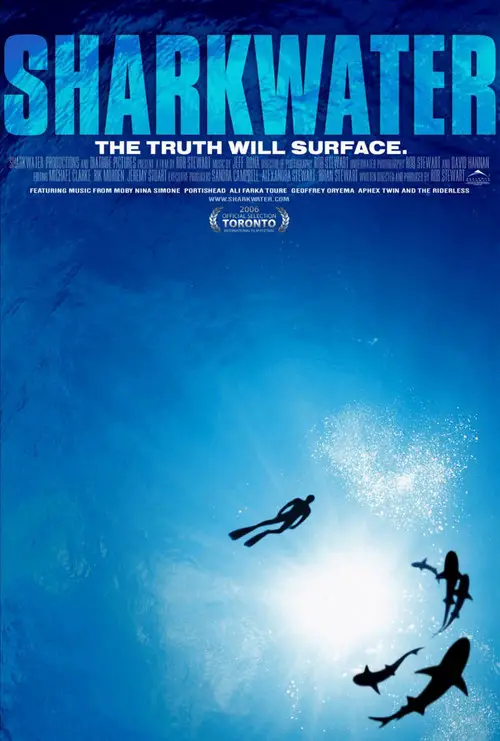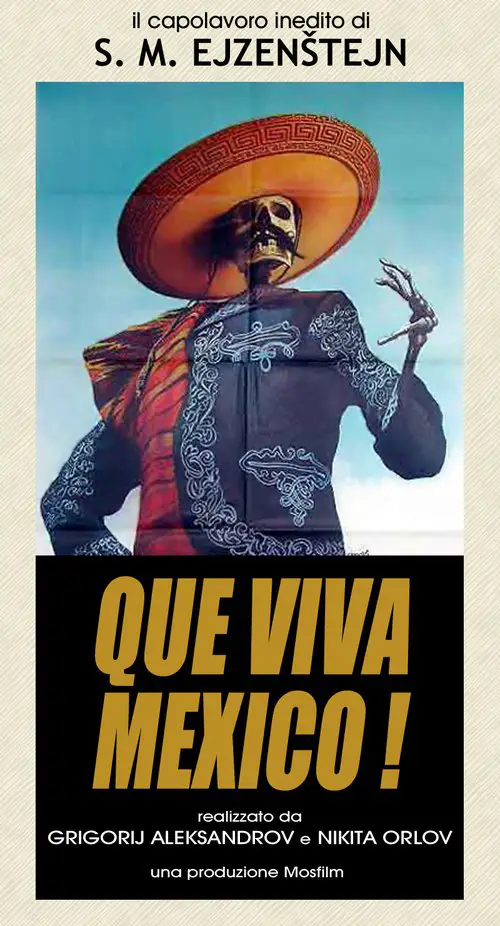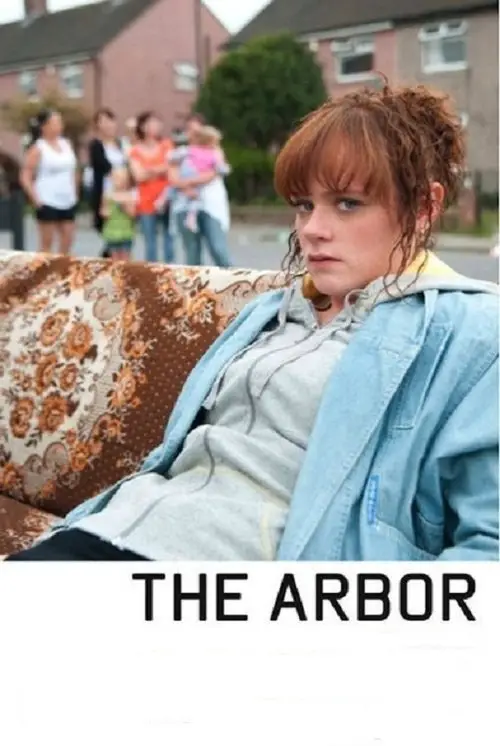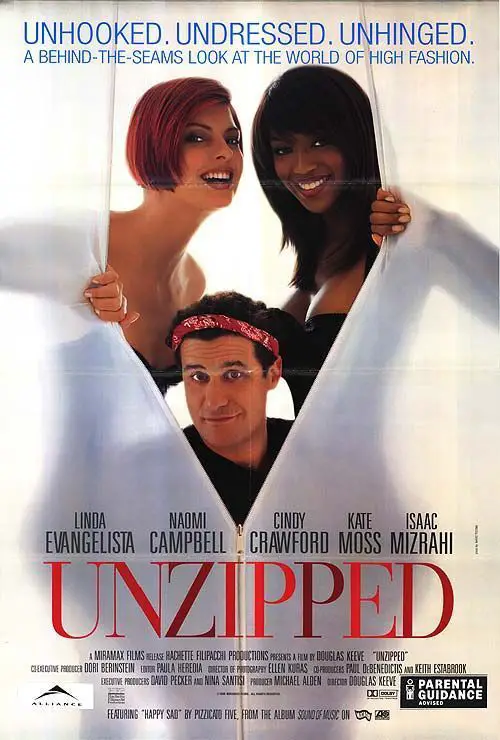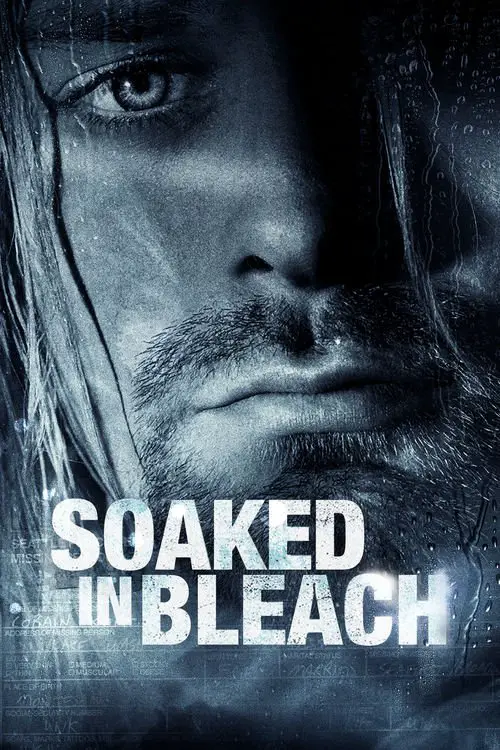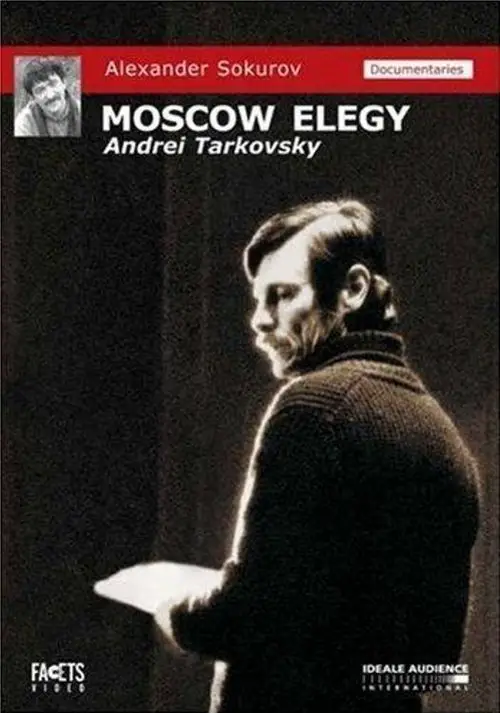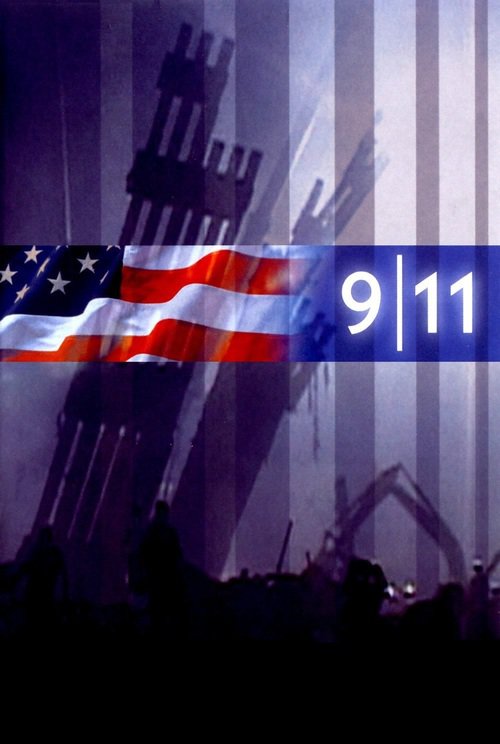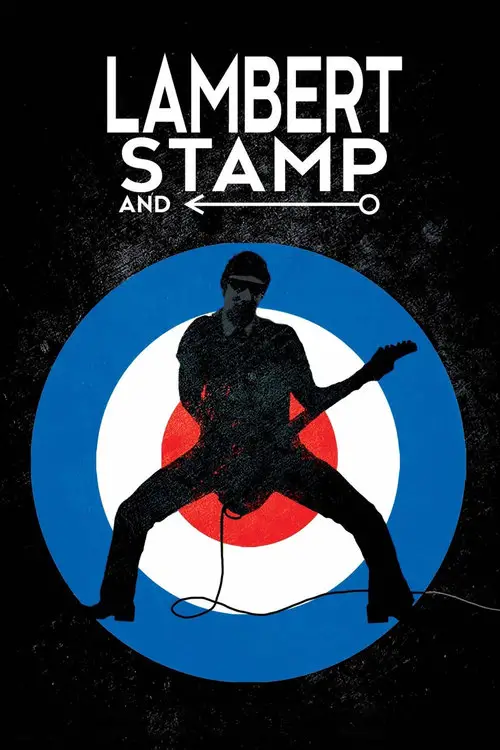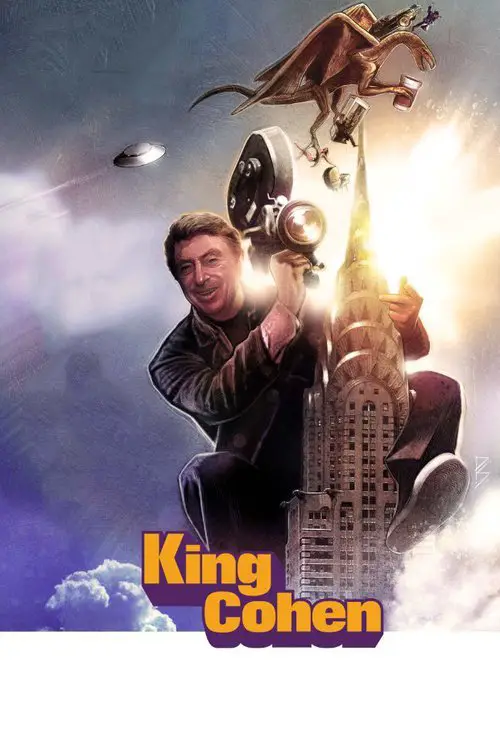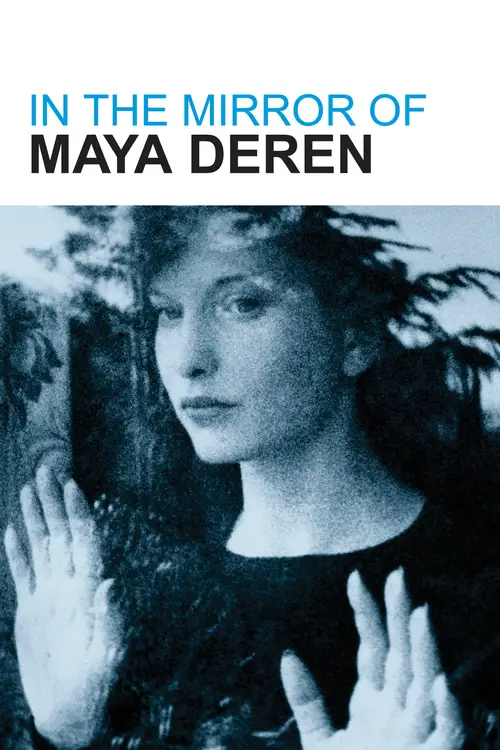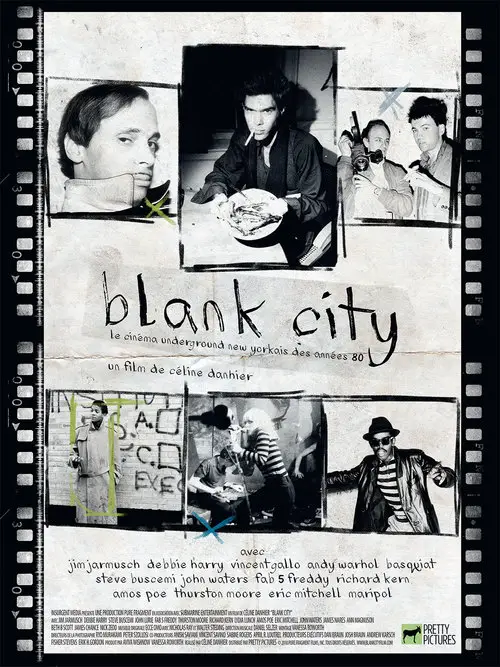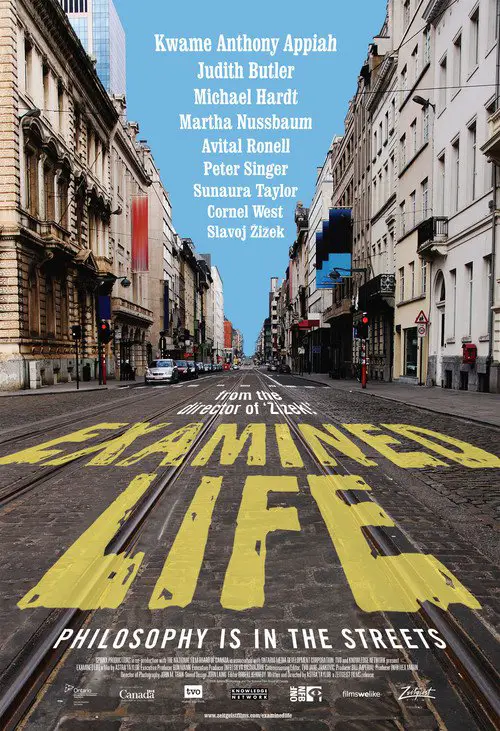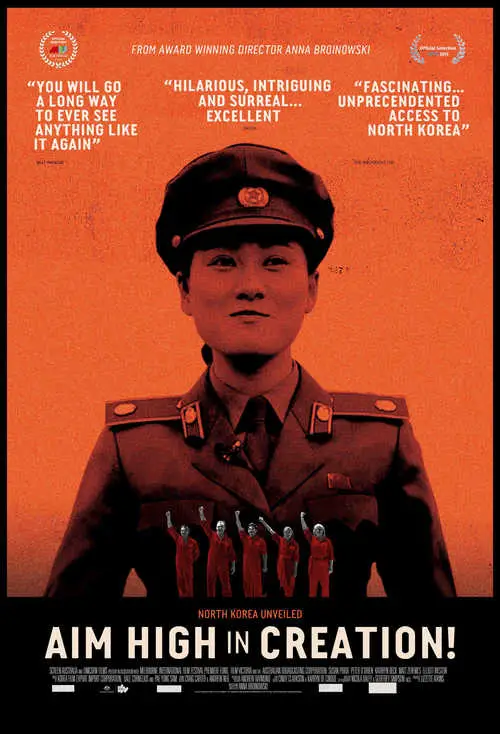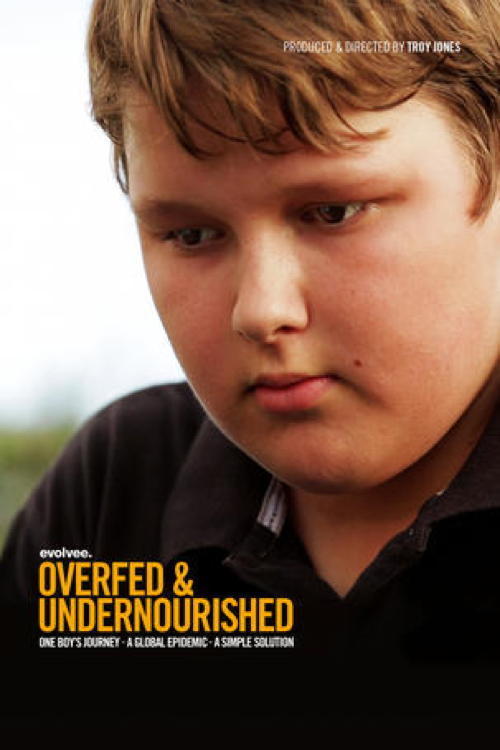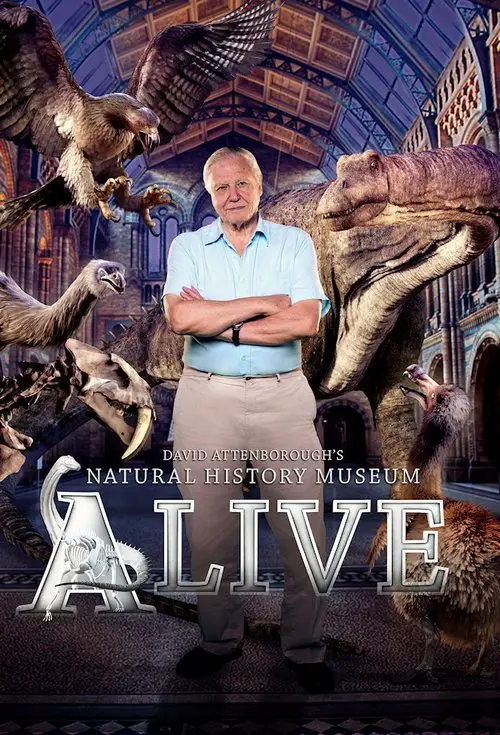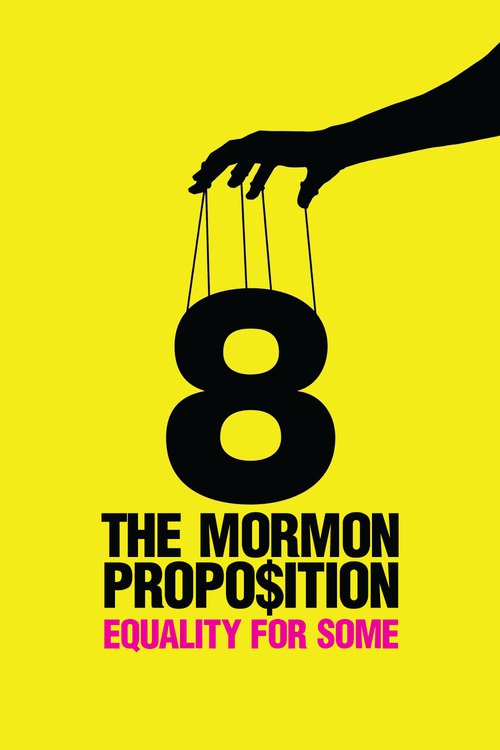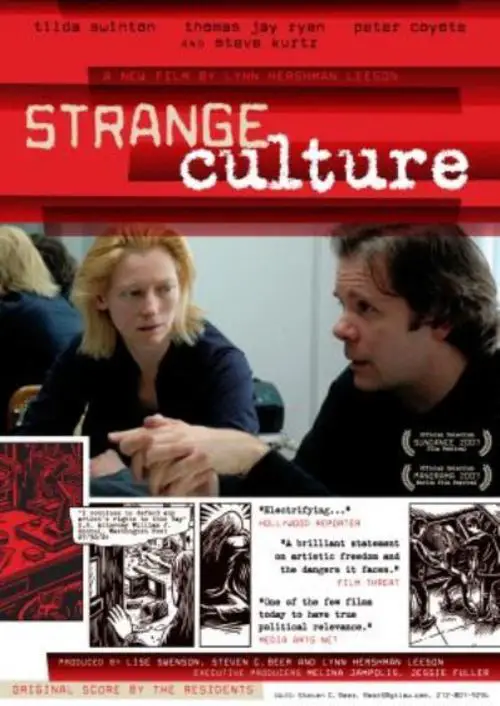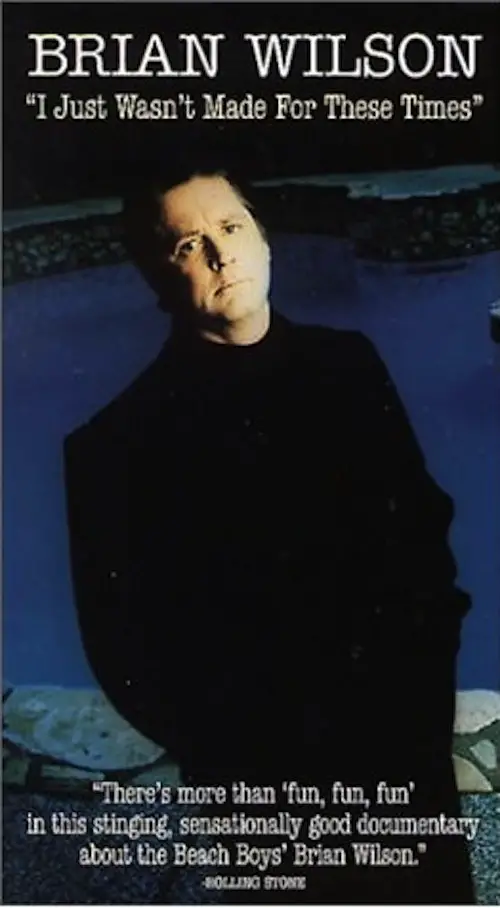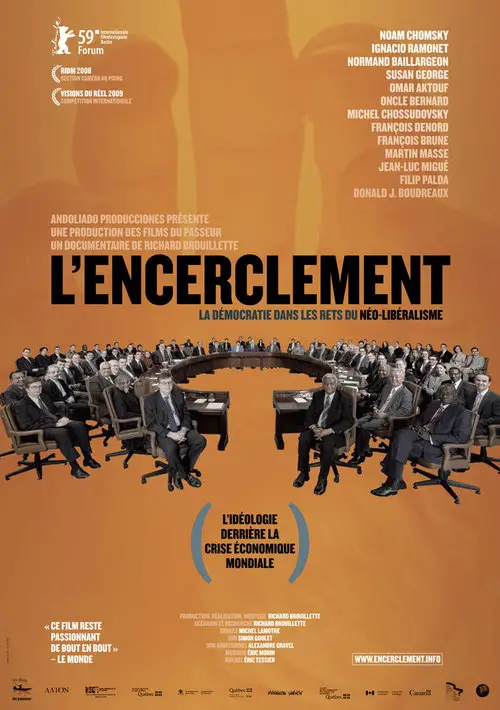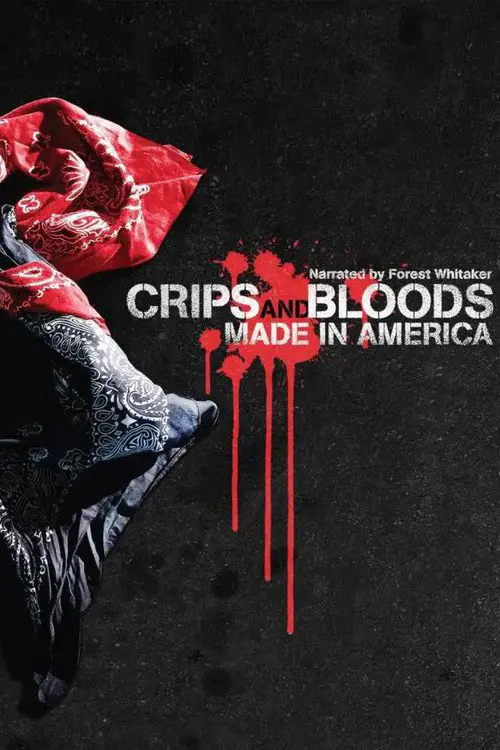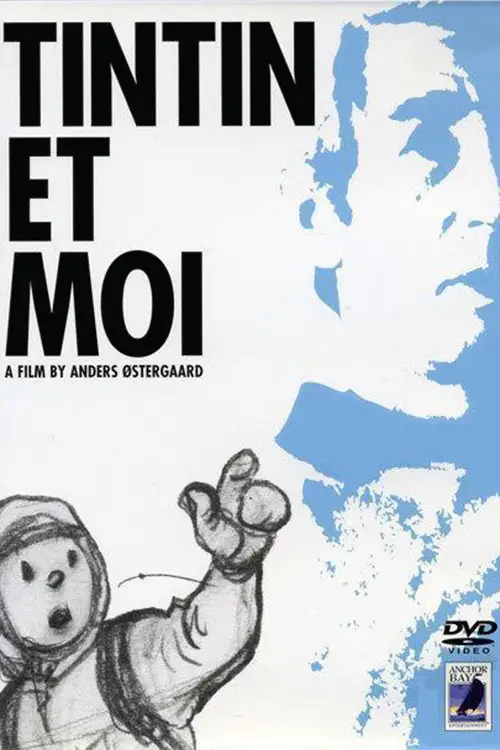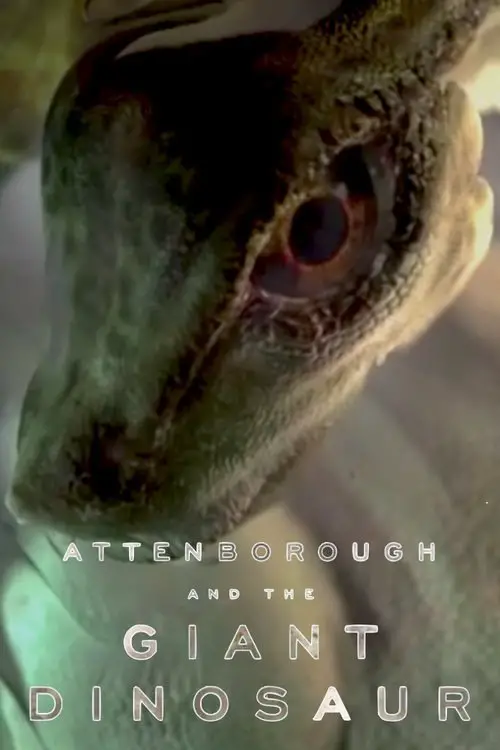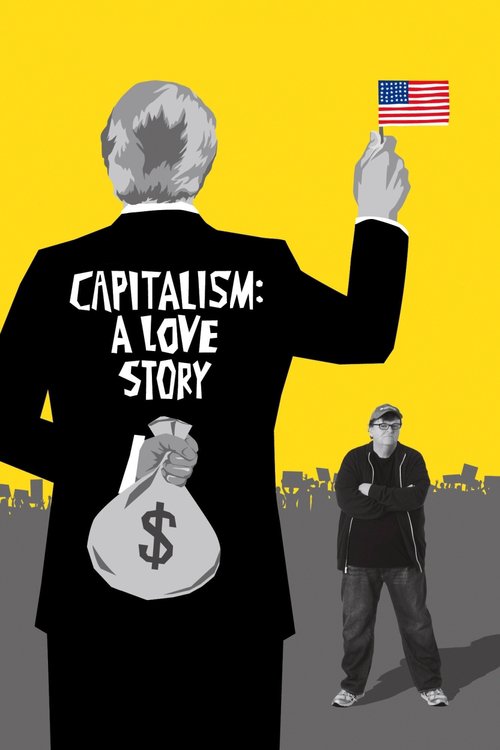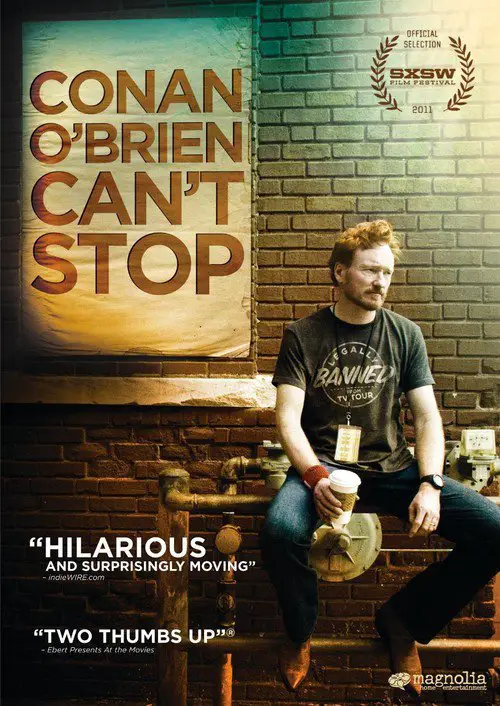The Slanted Screen (2006)
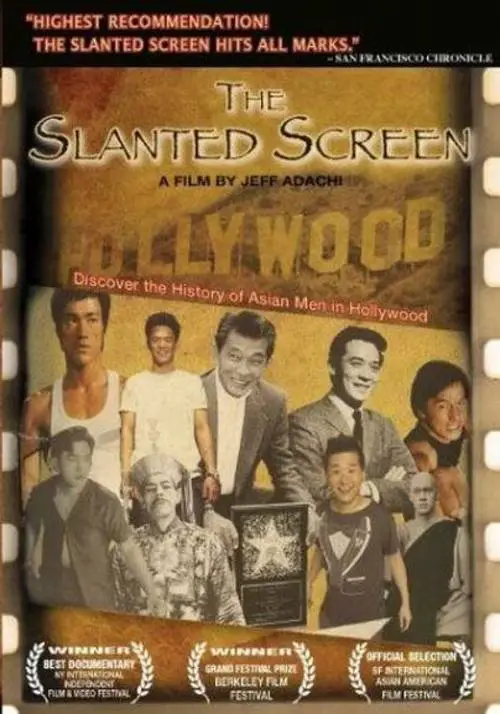
Similar movies
AMERICAN MOVIE is the story of filmmaker Mark Borchardt, his mission, and his dream. Spanning over two years of intense struggle with his film, his family, financial decline, and spiritual crisis, AMERICAN MOVIE is a portrayal of ambition, obsession, excess, and one man's quest for the American Dream.
Since the invention of cinema, the standard format for recording moving images has been film. Over the past two decades, a new form of digital filmmaking has emerged, creating a groundbreaking evolution in the medium. Keanu Reeves explores the development of cinema and the impact of digital filmmaking via in-depth interviews with Hollywood masters, such as James Cameron, David Fincher, David Lynch, Christopher Nolan, Martin Scorsese, George Lucas, Steven Soderbergh, and many more.
This dryly funny mockumentary about the lost work of a pioneering New Zealand film genius is probably one of the best examples of the faux-documentary genre. In fact, it was so successful that when it originally aired on New Zealand television, hundreds of viewers bought the premise hook, line, and sinker. If you didn't know any better yourself, it's entirely possible you might be duped into believing the extremely tall tale of one Colin MacKenzie, an ambitious filmmaker who made the world's first talking movie (years before The Jazz Singer), invented color film, and created a huge biblical epic that would put Cecil B. DeMille and D.W. Griffith to shame. Filmmaker Peter Jackson (Heavenly Creatures) shrewdly inserts himself into the film via his documentation of the "discovery" of McKenzie's lost epic, which for years was preserved in a garden shed.
In America, we define ourselves in the superlative: we are the biggest, strongest, fastest country in the world. Is it any wonder that so many of our heroes are on performance enhancing drugs? Director Christopher Bell explores America's win-at-all-cost culture by examining how his two brothers became members of the steroid-subculture in an effort to realize their American dream.
Legendary martial artist Bruce Lee is the subject of this thoughtful documentary by Lee aficionado John Little. Using interviews, behind-the-scenes footage and action sequences from Lee's last (unfinished) film, Game of Death, Little paints a textured, complex portrait of the world's most famous action hero
Award-winning musician Björk and legendary broadcaster and naturalist Sir David Attenborough have admired each other's work for years but this is the first time they have discussed their mutual love of music and the natural world on screen. In this remarkable documentary, Björk explores our unique relationship with music and discovers how technology might transform the way we engage with it in the future.
With exclusive access to his extraordinary unseen and unheard personal archive including hundreds of hours of audio recorded over the course of his life, this is the definitive Marlon Brando cinema documentary. Charting his exceptional career as an actor and his extraordinary life away from the stage and screen with Brando himself as your guide, the film will fully explore the complexities of the man by telling the story uniquely from Marlon's perspective, entirely in his own voice. No talking heads, no interviewees, just Brando on Brando and life.
What does mean to be gay and be a man? There's no straight answer for sure. From the Castro culture of the 1970s to todayâs Bears and gym rats, this fascinating investigation of gay men and sexuality blows the lid off old stereotypes and showcases a battalion of interviewees including muscle men, rodeo riders, rugby players and cops. The men speak candidly on topics from homophobia to metrosexuality to embracing effeminacy as they reveal what it means to be a gay man in America today.
The Death of 'Superman Lives': What Happened? feature film documents the process of development of the ill fated "Superman Lives" movie, that was to be directed by Tim Burton and star Nicolas Cage as the man of steel himself, Superman. The project went through years of development before the plug was pulled, and this documentary interviews the major players: Kevin Smith, Tim Burton, Jon Peters, Dan Gilroy, Colleen Atwood, Lorenzo di Bonaventura and many many more.
What "That's Entertainment" did for movie musicals, "The Celluloid Closet" does for Hollywood homosexuality, as this exuberant, eye-opening movie serves up a dazzling hundred-year history of the role of gay men and lesbians have had on the silver screen. Lily Tomlin narrates as Oscar-winning moviemaker Rob Epstein (The Times of Harvey Milk and Common Threads: Stories from the Quilt) and Jeffrey Friedman assemble fabulous footage from 120 films showing the changing face of cinema sexuality, from cruel stereotypes to covert love to the activist triumphs of the 1990s. Tom Hanks, Susan Sarandon, Whoopi Goldberg, Tony Curtis, Harvey Fierstein and Gore Vidal are just a few of the many actors, writers and commentators who provide funny and insightful anecdotes.
After a lifetime of hiding, Chely Wright becomes the first commercial country music singer to come out as gay, shattering cultural stereotypes within Nashville, per conservative heartland family and, most importantly, within herself. With unprecedented access over a two-year period, including her private video diaries, the film layers Chely's rise to fame while hiding in the late 90's with the execution of her coming out plan, culminating in the exciting moment when she steps into the media glare to reveal she is gay. The film shows both the devastation of internalized homophobia and the transformational power of living an authentic life. The film also documents the conflicting responses from Nashville, the heartland and the LGBT community as Chely Wright prepares for an unknown future.
"Touring makes you crazy," Frank Zappa says, explaining that the idea for this film came to him while the Mothers of Invention were touring. The story, interspersed with performances by the Mothers and the Royal Symphony Orchestra, is a tale of life on the road. The band members' main concerns are the search for groupies and the desire to get paid.
The Go-Go Boys tells the inside story of two Israeli-born cousins, the late Menahem Golan and Yoram Globus, who in pursuit of the âAmerican dreamâ turned the Hollywood establishment upside down. Together they produced more than 300 films and founded the most powerful independent film company in the world, Cannon Films, which was responsible for Israeli and mainstream, Hollywood-blockbuster, action/exploitation hits during the duoâs 1980s hey day, starring the likes of Chuck Norris, Jean-Claude Van Damme and Charles Bronson. Up close and personal, and with the complete cooperation of the filmâs subjects, the film examines the complex relationship between two contradictory personalities, whose combined force fueled their successes and eventual split. A film about filmmaking and two dogged, exceptional characters with modest origins taking on the big boys.
This historical and critical look at slasher films, which includes dozens of clips, begins with "Halloween," "Friday the 13th," and "Prom Night." The films' directors, writers, producers, and special effects creators comment on the films' making and success. During the Reagan years, the films get gorier, budgets get smaller, and their appeal wanes. Then, "Nightmare on Elm Street" revives the genre. Jump to the late 90s, when "Scream" brings humor and TV stars into the mix. Although some criticize the genre as misogynistic (Siskel and Ebert), most of the talking heads celebrate the films: as long as there are teenagers, there will be slasher films, says one.
Did you know that the first open-heart surgery was performed by a Black doctor, Daniel Hale Williams? Not many people did in 1968, the year this eye-opening film, narrated by Bill Cosby, was first released. Many still don't today. "Black History: Lost, Stolen or Strayed" reviews the numerous contributions of African-Americans to the development of the United States. From the perspective of the turbulent late 1960s, the fact that their positive roles had not generally been taught as part of American history, coupled with the pervasiveness of derogatory stereotypes, was evidence of how Black people had long been victims of negative attitudes and ignorance. Viewing this film today offers students and adults an opportunity to explore their own perspectives - to examine how things have changed in their lives and those of their parents, as well as how troubling stereotypes still persist four decades later.
The film MISS REPRESENTATION exposes how American youth are being sold the concept that women and girlsâ value lies in their youth, beauty and sexuality. Explores the under-representation of women in positions of power and influence in America, and challenges the media's limited portrayal of what it means to be a powerful woman. Itâs time to break that cycle of mistruths.
.From the shifting faultlines of Hollywood fantasies and the economic and racial tensions of Reagan's America, Fishbone rose and became one of the most original bands of the last 25 years. With a blistering combination of punk and funk they demolished the walls of genre and challenged the racial stereotypes and the political order of the music industry and of the nation. EVERYDAY SUNSHINE is about music, history, fear, courage and funking on the one.
He was a postal clerk. She was a librarian. With their modest means, the couple managed to build one of the most important contemporary art collections in history. Meet Herb and Dorothy Vogel, whose shared passion and disciplines and defied stereotypes and redefined what it means to be an art collector.
Meet the Mormons examines the very diverse lives of six devout Mormons. Filmed on location and across the globe, Meet the Mormons takes viewers on a journey into the day-to-day realities of individuals living in the U.S., Costa Rica, Nepal and beyond. From their individual passions to their daily struggles, each story paints a picture as rich and unique as the next while challenging the stereotypes that surround the Mormon faith.
Marc Huestis edits interviews with 15 men, including himself, around a set of topics starting with "what is sex?" The men are gay, living in or near San Francisco. They talk about their first sexual experiences, the gay scene in San Francisco in the late 1970s, the pall cast by AIDS, the safe-sex movement, getting into serious relationships, the illness and death of partners, pornography, S/M and pain, race and stereotypes, personal fantasies, and bliss. Huestis has a thesis, that sex is going to be with us, so how best do we embrace it? His 15 subjects, archival footage, clips from porn films, and close-up looks at men loving men flesh out various answers.
¡Qué viva México! is a film project begun in 1930 by the Russian avant-garde director Sergei Eisenstein (1898-1948). It would have been an episodic portrayal of Mexican culture and politics from pre-Conquest civilization to the Mexican revolution. Production was beset by difficulties and was eventually abandoned. Jay Leyda and Zina Voynow call it his "greatest film plan and his greatest personal tragedy".
Portrayal of the late Bradford playwright Andrea Dunbar. Andrea Dunbar wrote honestly and unflinchingly about her upbringing on the notorious Buttershaw Estate in Bradford and was described as âa genius straight from the slums.â When she died tragically at the age of 29 in 1990, Lorraine was just ten years old. The Arbor revisits the Buttershaw Estate where Dunbar grew up, thirty years on from her original play, telling the powerful true story of the playwright and her daughter Lorraine. Also aged 29, Lorraine had become ostracised from her motherâs family and was in prison undergoing rehab. Re-introduced to her motherâs plays and letters, the film follows Lorraineâs personal journey as she reflects on her own life and begins to understand the struggles her mother faced.
Using a variety of cinematographic techniques, the world of high- profile fashion designer Issac Mizrahi is portrayed as being driven by excitement and creativity, despite the concomitant chaos and cacophony. Mizrahi's frenzied genius and rollercoaster emotions paint a humorous and personal portrait of a brilliant designer. Famous "SuperModels", actors, and actresses populate Issac's rarified world, but Douglas Keeve's cameras capture the stress and turbulence beneath the placid coolness of glamour. Written by Tad Dibbern
Twenty years ago, Kurt Cobain was found dead of an apparent gunshot wound to the head. The world was told it was a suicide, but evidence would lead many people to believe it might be otherwise. The film investigates the possibilities that exist that Kurt Cobain's death might not have been a suicide, that the Seattle Police Department rushed their verdict, and the global media perpetuated lies and misinformation fed to them by Courtney Love that created the belief in many that Cobain killed himself, but when revealed to be lies, lead many to now question what happened.
A 1988 documentary film directed by Alexander Sokurov, about the later life and death of Soviet Russian filmmaker Andrei Tarkovsky. The film was originally intended to mark the 50th birthday of Tarkovsky in 1982, which would have been before his death. Controversy with Soviet authorities about the film's style and content led to significant delays in the production.
Unlike the films "World Trade Center" and "United 93", which are dramatizations of the events of September 11, this is an on-the-scene documentary following the events of September 11 from an insider's view, through the lens of two French filmmakers who were in Manhattan on that fateful day. Filmmakers James Hanlon and Jules and Gedeon Naudet were filming a documentary about a rookie New York City firefighter when they noticed a plane fly overhead and hit the World Trade Center. Being with those firefighters who where the first to respond to the tragedy, James Hanlon and the Naudets accompanied them and continued filming from the firemen's perspective. It later became known that their presence allowed them to capture the only known footage of the first plane strike, and from inside the Twin Towers.
Take a trip back to a time when New York City wasn't all glitz and glamour as filmmaker Celine Danhier offers a look at the birth of "No Wave Cinema" and the vibrant art scene that exploded out of the East Village in the late '70s. In the years before Ronald Reagan took office, Manhattan was in ruins. But true art has never come from comfort, and it was precisely those dire circumstances that inspired artists like Jim Jarmusch, Lizzy Borden, and Amos Poe to produce some of their best works. Taking their cues from punk rock and new wave music, these young maverick filmmakers confronted viewers with a stark reality that stood in powerful contrast to the escapist product being churned out by Hollywood. ~ Jason Buchanan, Rovi
Examined Life pulls philosophy out of academic journals and classrooms, and puts it back on the streets. Offering privileged moments with great thinkers from fields ranging from moral philosophy to cultural theory, Examined Life reveals philosophy's power to transform the way we see the world around us and imagine our place in it.
A revolutionary film about the cinematic genius of North Korea's late Dear Leader Kim Jung-IL, with a groundbreaking experiment at its heart - a propaganda film, made according to the rules of his 1987 manifesto. Through the shared love of cinema, AIM HIGH IN CREATION! forges an astonishing new bond between the hidden filmmakers of North Korea and their Free World collaborators. Revealing an unexpected truth about the most isolated nation on earth: filmmakers, no matter where they live, are family.
Regular opening times do not apply as we accompany Sir David Attenborough on an after-hours journey around Londonâs Natural History Museum, one of his favourite haunts. The museum's various exhibits coming to life, including dinosaurs, reptiles and creatures from the ice age. Shot by the same 3D team that worked on Gravity, examines how the animals and creatures at the London museum once roamed the earth.
The documentary recounts the world's first nuclear attack and examines the alarming repercussions. Covering a three-week period from the Trinity test to the atomic bombing of Hiroshima, the program chronicles America's political gamble and the planning for the momentous event. Archival film, dramatizations, and special effects feature what occurred aboard the Enola Gay (the aircraft that dropped the bomb) and inside the exploding bomb.
Determined to find out the true effects of marijuana on the human body, stand-up comedian and former Stoner of the Year Doug Benson documents his experience avoiding pot for 30 days and then consuming massive amounts of the drug for 30 days. More than just an amusing story of one man's quest to get superhigh, this documentary also examines the hotly contested debate over medical marijuana use.
Filmmaker and ex-Church of Jesus Christ of Latter-day Saints member Reed Cowan examines that church's nationwide efforts to prevent the legalization of gay marriage - including California's Proposition 8, which was passed by voters in 2008. Confidential church documents, statements by high-ranking church officials and other sources detail 30 years of efforts to turn back gay rights, particularly by the Mormon-sponsored National Organization for Marriage.
Hosted by Ben Stein, this controversial documentary examines how pro-intelligent design scholars and scientists are often chastised, fired or denied tenured positions by those who believe in Darwin's theory of evolution. Nathan Frankowski's film explores how scientists who believe in God are oppressed and how the acceptance of Darwinism might have played a role in the formation of the Nazi regime.
Documentary filmmaker Robert Kenner examines how mammoth corporations have taken over all aspects of the food chain in the United States, from the farms where our food is grown to the chain restaurants and supermarkets where it's sold. Narrated by author and activist Eric Schlosser, the film features interviews with average Americans about their dietary habits, commentary from food experts like Michael Pollan and unsettling footage shot inside large-scale animal processing plants.
Commentator-comic Bill Maher plays devil's advocate with religion as he talks to believers about their faith. Traveling around the world, Maher examines the tenets of Christianity, Judaism and Islam and raises questions about homosexuality, proof of Christ's existence, Jewish Sabbath laws, violent Muslim extremists.
Strange Culture is a 2007 documentary film directed by Lynn Hershman Leeson. It stars Tilda Swinton and Thomas Jay Ryan. It premiered January 19, 2007 at the 2007 Sundance Film Festival. The film examines the case of artist and professor Steve Kurtz, a member of the Critical Art Ensemble (CAE). The work of Kurtz and other CAE members dealt with genetically modified food and other issues of science and public policy. After his wife, Hope, died of heart failure, paramedics arrived and became suspicious when they noticed petri dishes and other scientific equipment related to Kurtz's art in his home. They summoned the FBI, who detained Kurtz within hours on suspicion of bioterrorism.
I Just Wasn't Made for These Times is a documentary about the life of Brian Wilson, the musical mastermind and songwriter for the Beach Boys. The film examines the ups and downs of Wilson's life, including the early years of the Beach Boys, his years of substance abuse, and his long road to recovery. The film was directed by music producer Don Was, who also worked on the soundtrack for Backbeat, a film about the early days of the Beatles.
This film examines how media empires, led by Rupert Murdoch's Fox News, have been running a "race to the bottom" in television news, and provides an in-depth look at Fox News and the dangerous impact on society when a broad swath of media is controlled by one person. Media experts, including Jeff Cohen (FAIR) Bob McChesney (Free Press), Chellie Pingree (Common Cause), Jeff Chester (Center for Digital Democracy) and David Brock (Media Matters) provide context and guidance for the story of Fox News and its effect on society. This documentary also reveals the secrets of Former Fox news producers, reporters, bookers and writers who expose what it's like to work for Fox News. These former Fox employees talk about how they were forced to push a "right-wing" point of view or risk their jobs. Some have even chosen to remain anonymous in order to protect their current livelihoods. As one employee said "There's no sense of integrity as far as having a line that can't be crossed."
Tintin and I (French: Tintin et moi) is a 2003 documentary by Anders Høgsbro Ãstergaard, about Belgian writer-artist Georges Remi, better known as Hergé, and his creation Tintin. The film is a co-production of Denmark, Belgium, France, and Switzerland.The film is based around Numa Sadoul's revealing interviews with Hergé from the 1970s, and goes into detail about Hergé's life and how the success of Tintin affected it.The film is based strongly around Hergé's experiences and state of mental health leading up to the writing of Tintin in Tibet, often heralded as Hergé's most personal album. The history of Tintin is examined through Hergé's life and the way that he was affected by the growing popularity of his character.
David Attenborough tells the story of the discovery and reconstruction in Argentina of the world's largest-known dinosaur, a brand new species of titanosaur. Measuring 37m long and weighing 70 metric tons, it now holds the record as the biggest animal ever to walk the Earth. In 2014, a shepherd spotted the tip of a gigantic fossil bone sticking out of a rock in La Flecha Farm in the Chubut Province in the Argentinian desert. Palaeontologists soon uncovered a massive 2.4m long thigh bone, the largest ever found. By the end of the dig they had uncovered more than 220 bones. As the programme reveals, these all belong to a new species of the giant plant-eating titanosaur. Filmed over the next two years, Attenborough witnesses the uncovering and examination of these stupendous fossils and the dramatic construction of the complete skeleton. The film also reveals the internal secrets of this dinosaur and what it means to be a giant.
© Valossa 2015–2026
| Privacy Policy



